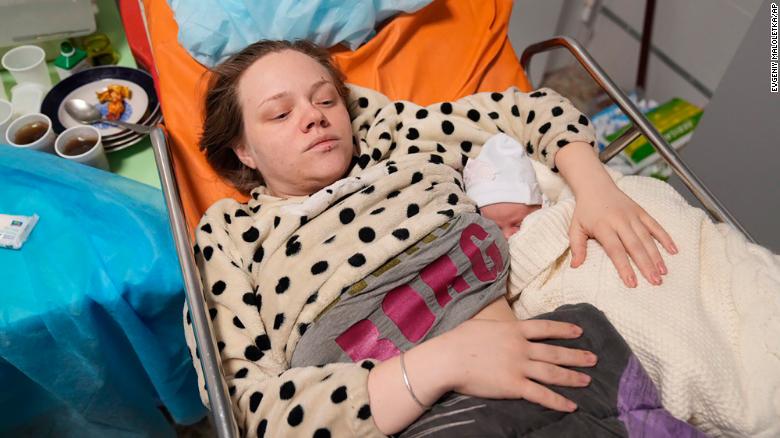War in Ukraine could make the Covid-19 pandemic worse, WHO says

Cases in the region are down from the previous week, but there’s significant risk there will be more severe disease and death due to low vaccination rates in Ukraine, as well as among the more than two million who’ve fled the country to surrounding areas, regions also with low vaccination rates. Ukraine’s Covid-19 vaccination rate is around 34%, while neighboring Moldova’s is around 29%, according to There have been a total of 791,021 new Ryan added the world should avoid stereotypes around refugees and disease.”Let us be very careful with our rhetoric because this always arises,” he said, “that in some way people fleeing the horrors of war are going to bring stuff with them. Europe has plenty of Covid as it stands, and it has got to deal with that, and Ukrainian refugees are not going to change the dial on that.”Sunday’s report said the WHO has purchased therapeutics for Covid-19 and is recommending vaccination campaigns and enhanced surveillance for Covid-19 and other infectious diseases. Hungary is providing Ukrainian refugees with free Covid-19 vaccines, and the WHO has also offered lab support that includes Covid-19 testing. The Romanian ministry of health has sent medical teams to test and give Covid-19 vaccines to Ukrainians who have fled their country. Covid-19 treatment is provided free of charge in Slovakia. Covid-19 vaccinations are also free in Moldova for Ukrainians, with its ministry of health testing and monitoring Covid-19, among other diseases.In a joint statement with UNICEF and UNFPA, the WHO called for an end to attacks on Ukraine’s health care systems. As of Sunday, there had been 31 verified attacks on health care facilities, with more suspected. “Humanitarian partners and health care workers must be able to safely maintain and strengthen essential health service delivery, including immunization against Covid-19 and polio, and the supply of life-saving medicines for civilians across Ukraine as well as to refugees crossing into neighboring countries,” the WHO statement said. “Health services should be systematically available at border crossings, including rapid care and referral processes for children and pregnant women.”CNN’s Jacqueline Howard contributed to this report







